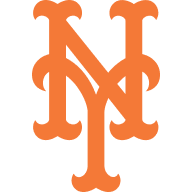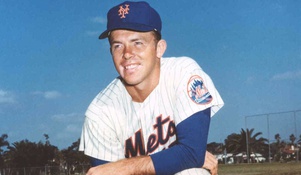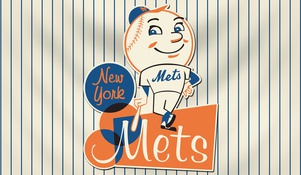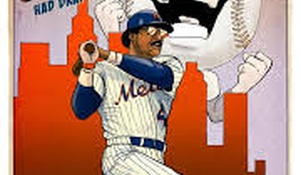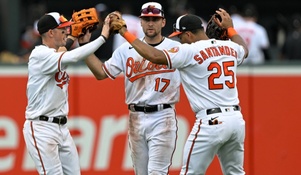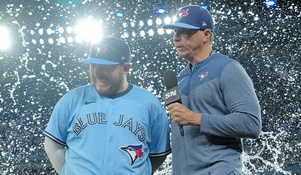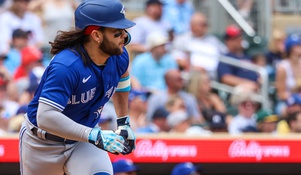None
As is still the case today, every team gets to send at least one player to the All Star Game. In 1962 and 1963, the Mets sent Richie Ashburn and Duke Snider respectively, although both were well past their prime. But in 1964, for the first time, a Met was selected to start in the All Star Game and that was second baseman Ron Hunt. Because the game was played at Shea Stadium (a game I attended, I even remember paying $2.10 for a general admission ticket), you might think the fans stuffed the ballot to get one of their hometown favorites into the game, but in 1964, voting was done not by the fans but by the players.
Hunt had to beat out both Pete Rose of the Reds who was rookie of the year in 1963, ahead of Hunt who finished second, and the Pirates’ Bill Mazeroski who was regarded as one of the best second basemen of all time and is now in the Hall of Fame.
For those too young to remember, Hunt, who was acquired from the Braves before the 1963 season for cash following a solid season in the AA Texas League, fit all those cliches applied to players who didn’t have great tools like power, speed, defense or a sweet swing. No, what Hunt had was grit, toughness, a dirty uniform, and a do-anything-to-win attitude. Although it wasn’t until after leaving the Mets that Hunt turned getting hit by a pitch into an art form setting records in that category, Hunt was clearly the first Met that fans could legitimately be proud of. Yet Hunt didn’t even start the 1963 season as the Mets’ second baseman. Rather it was Larry Burright who had come over from the Dodgers. But Hunt soon seized his opportunity and held the job.
But it seemed to me that the front office didn’t appreciate Ron the way the fans did. In fact, less than 2 weeks after the 1964 All Star Game, the Mets purchased Bobby Klaus from the Reds and immediately installed him at second base, supplanting Hunt who moved over to third. I don’t know what Hunt thought about it but Mets’ fans were shocked. The Mets could certainly use all the help they could get, but second base was the only position where the Mets were seemingly set. Actually, the Reds had briefly replaced Pete Rose with Klaus, so Bobby must have had some amazing scouting reports that didn’t translate to big league success.
In a short time, Hunt and Klaus switched positions although Klaus never hit enough to really earn any spot in the lineup. He did fill in for Hunt when Ron was injured in 1965, hit under .200 and that was it for his career. Meanwhile, Hunt continued to be a bright spot on terrible Met teams (All Star again in 1966) until he was traded away along with Jim Hickman in the Tommy Davis deal in November of 1966. Ron went on to have a solid big league career most notably with the Giants and Expos and his knack for getting hit by pitches has become his legacy but Mets fans will always remember him as the team’s first young star.

